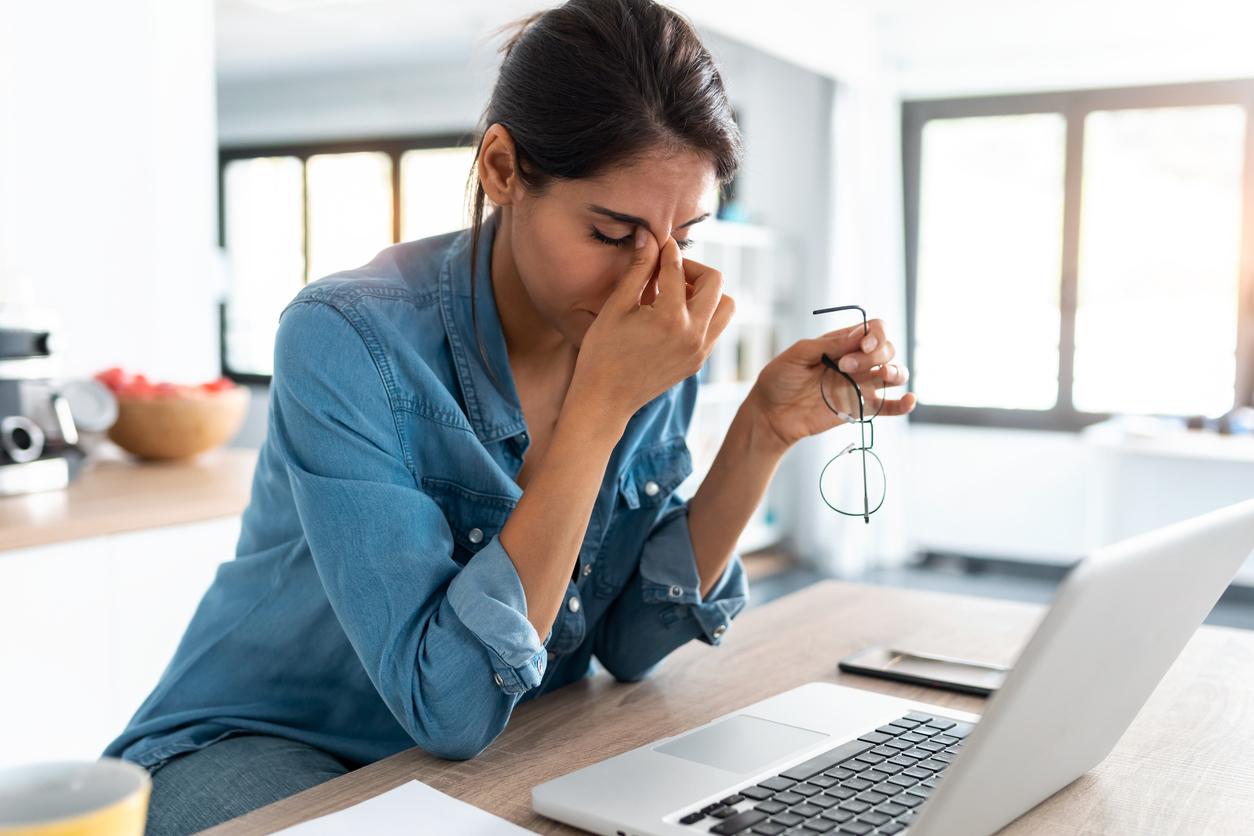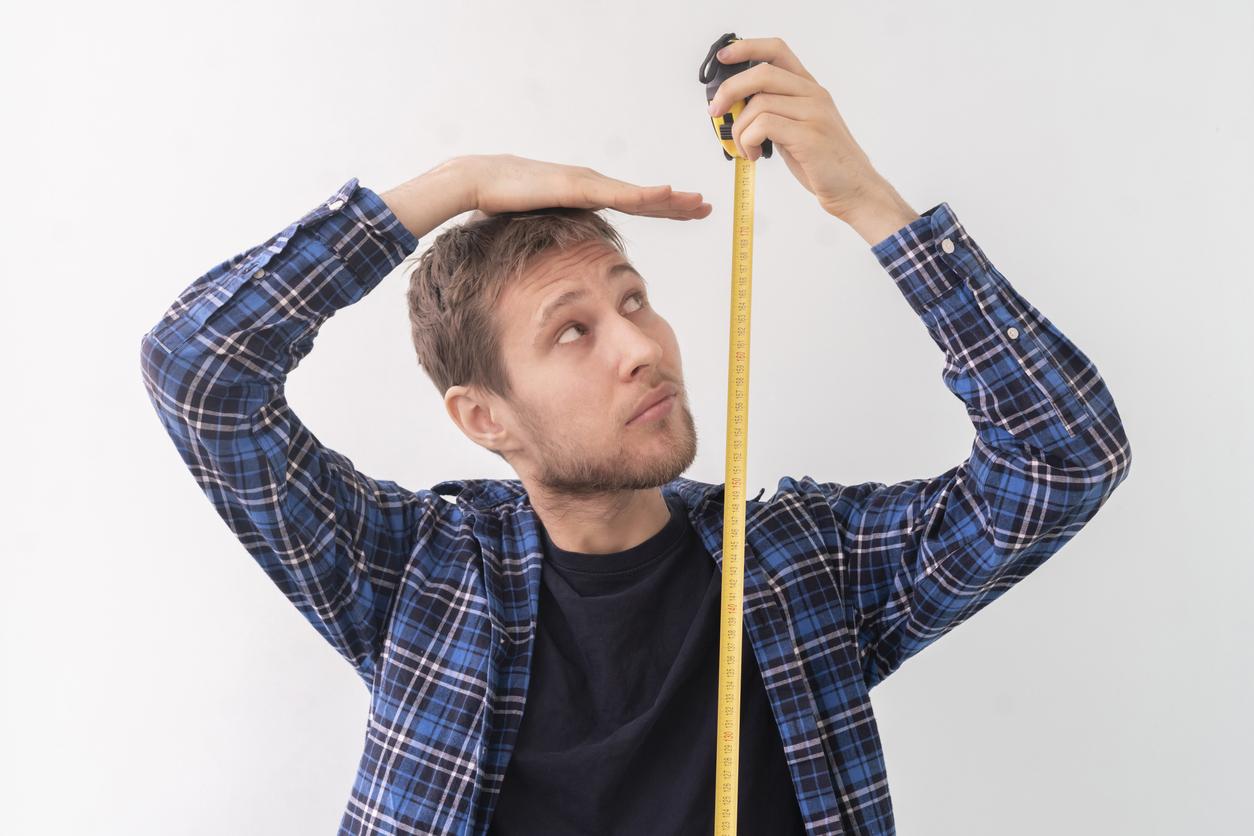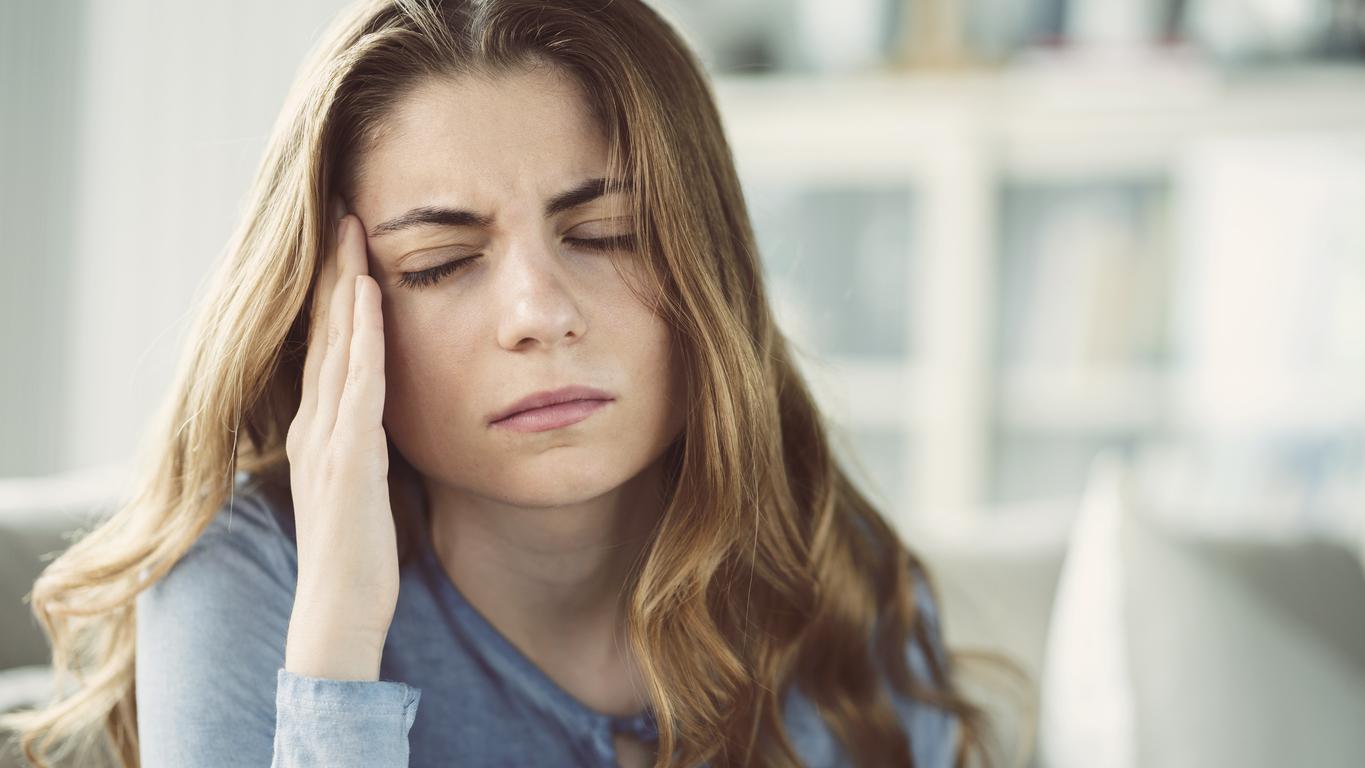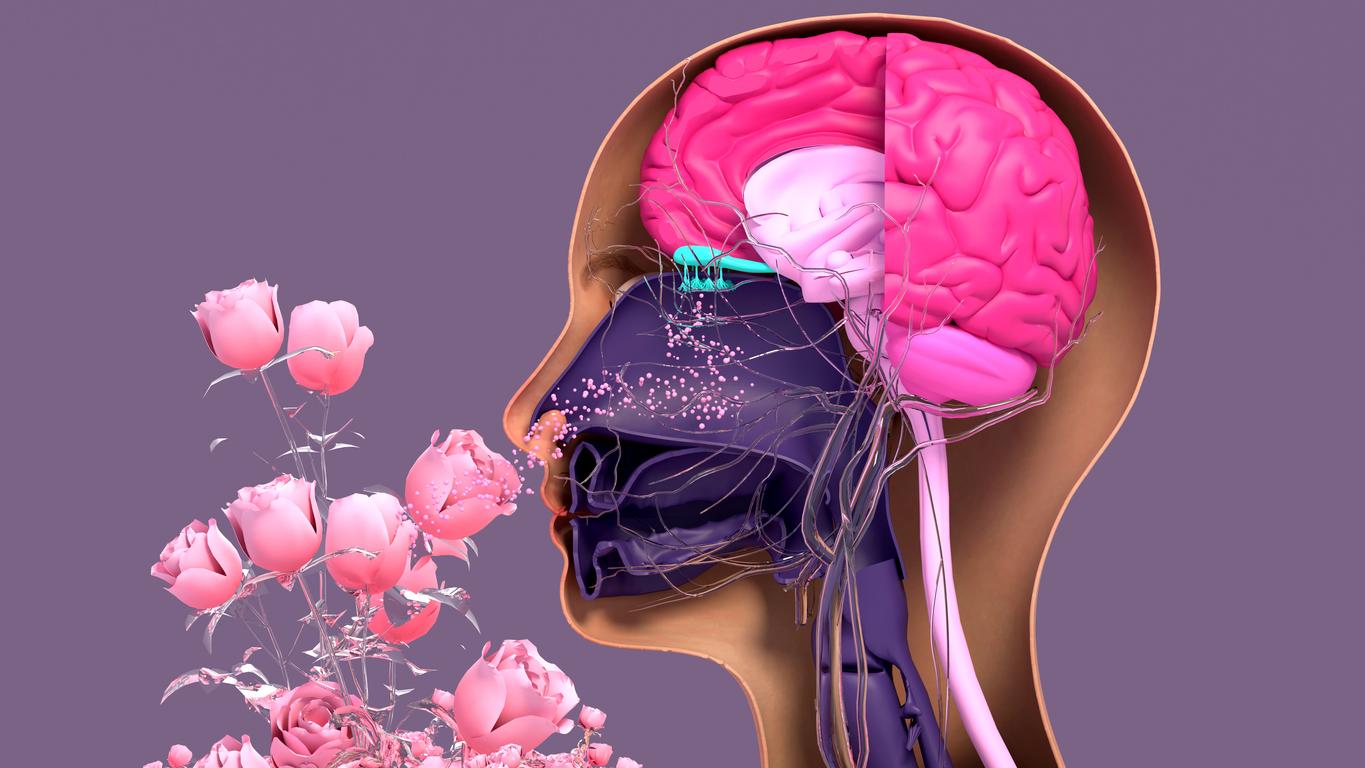Men’s mental health is linked to the richness of their social lives, according to a new psychiatry study.

- Men with fewer friends reported higher levels of depressive symptoms in a new study.
- This association was observed not only simultaneously, but also longitudinally, indicating that poor social life can predict the appearance of signs of ill-being one year later.
- Conversely, regular participation in activities such as sharing meals and participating in collective physical activities with friends has been associated with better mental health.
A new study of psychiatry reveals that the mental health of men is linked to the richness of their social life.
Previous research has long established a link between social relationships and mental health, but specific, long-term data on adult men have been lacking until now.
To compensate for this lack of data, the researchers used the Men and Parenting Pathways (MAPP) cohort, involving 507 Australian men aged 28 to 32 at the start of the study. All individuals were recruited between 2015 and 2017 through social media and word of mouth.
The scientists interviewed them five times at various stages of the experiment, analyzing different elements of their social lives, such as the time spent with friends or the number of people close to them. They also studied and collected data on mental health, particularly to detect potential depression, stress and anxiety.
Men’s mental health: Sharing meals with friends is good
Bottom line: Men with fewer friends reported higher levels of depressive symptoms. This association was observed not only simultaneously, but also longitudinally, indicating that poor social life can predict the appearance of signs of ill-being one year later.
Conversely, regular participation in activities such as sharing meals and participating in collective physical activities with friends has been associated with better mental health.
“Our results do not differ based on paternity or relationship status,” specify the authors of the study in conclusion. “Programs designed to strengthen men’s investment in their social lives are recommended to reduce the occurrence of depressive symptoms,” they finish.
Men’s mental health: when should you consult?
Depression is a mental illness that requires consulting a psychiatrist. Some forms do not respond to antidepressants, therefore falling into the category of “resistant depression” or “chronic depression”.
Characterized depressive disorder affects all ages of life and concerns approximately 15 to 20% of the general population. “A depressive episode must be distinguished from ordinary fluctuations in mood. In the case of a depressive episode, the depressed mood is present most of the day, every day and for at least two weeks,” specifies the WHO.
Other symptoms are also present, including:
– Difficulty concentrating;
– Feelings of excessive guilt or low self-esteem;
– Despair about the future;
– Suicidal thoughts;
– Sleep disorders;
– Fluctuations in appetite or weight;
– Severe fatigue or loss of energy.

















